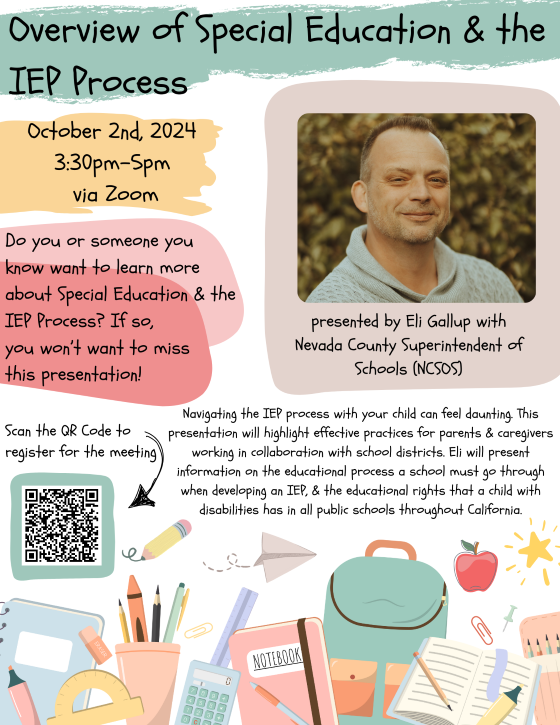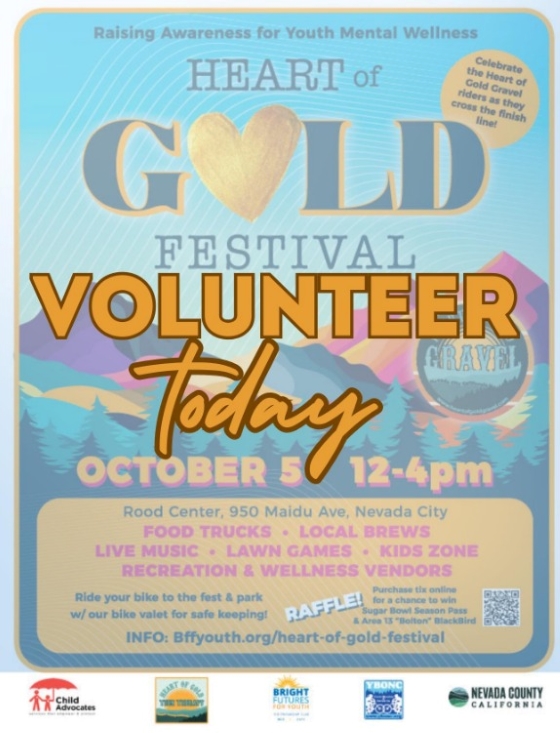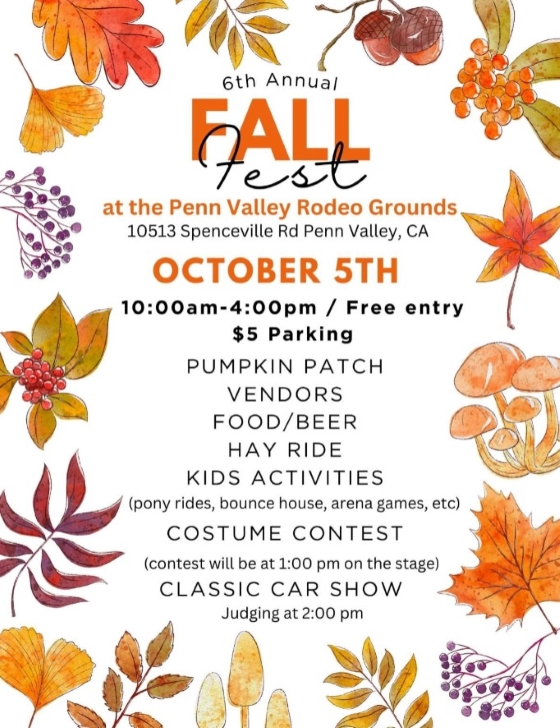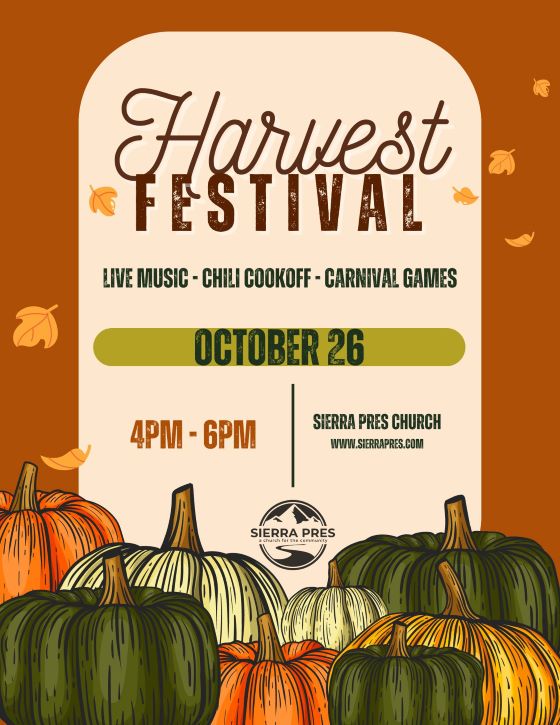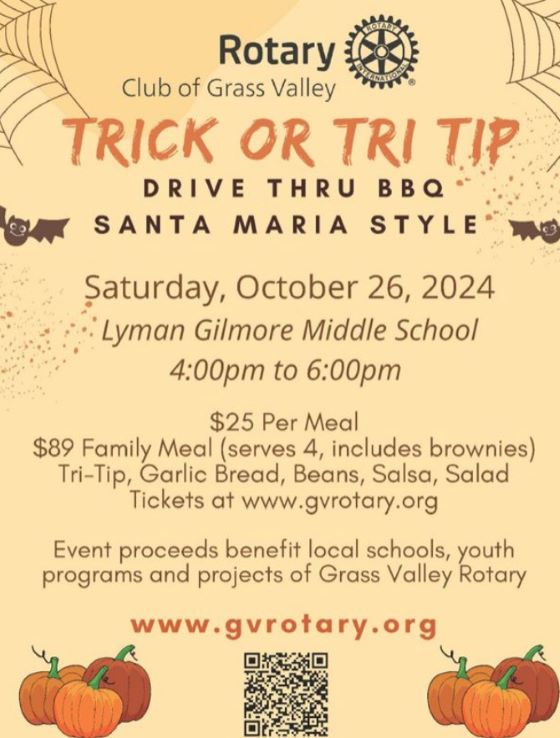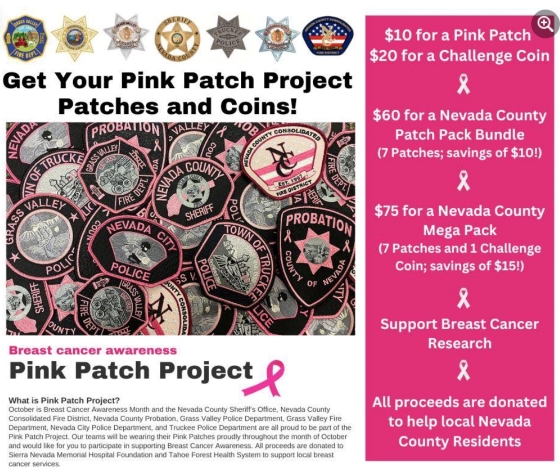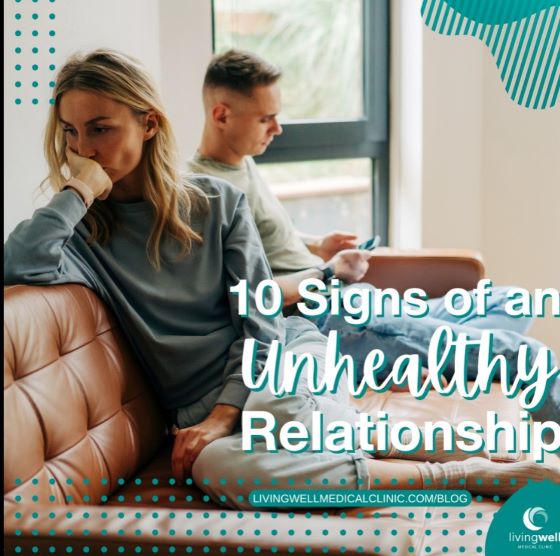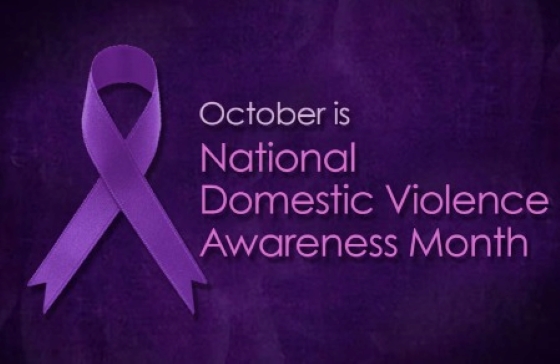 October is Domestic Violence Awareness Month (DVAM), a national campaign dedicated to raising awareness about domestic violence. Every October, organizations and individuals unite across the country to uplift the needs, voices, and experiences of survivors.
October is Domestic Violence Awareness Month (DVAM), a national campaign dedicated to raising awareness about domestic violence. Every October, organizations and individuals unite across the country to uplift the needs, voices, and experiences of survivors.
Domestic violence is a pattern of behaviors used by one partner to maintain power and control over another partner in an intimate relationship. This can manifest in different ways, including physical, emotional, sexual, mental, and financial abuse and stalking. It affects individuals of every age, socio-economic status, orientation, gender, race, religion, or nationality. The severity of violence is often greater in cases where the pattern of abuse was established in adolescence and within teen dating violence.
Effects of violence against women, men, and children:
Violence against women, men, and children can cause long-term physical and mental health problems. Violence and abuse affect not just the women or men involved but also their children, families, and communities. These effects include harm to an individual’s health, possibly long-term harm to children, and harm to communities such as lost work, homelessness, and substance use challenges.
With the painful challenges that can stem from the devastating impacts of domestic violence, there is hope because healing and help is possible.

